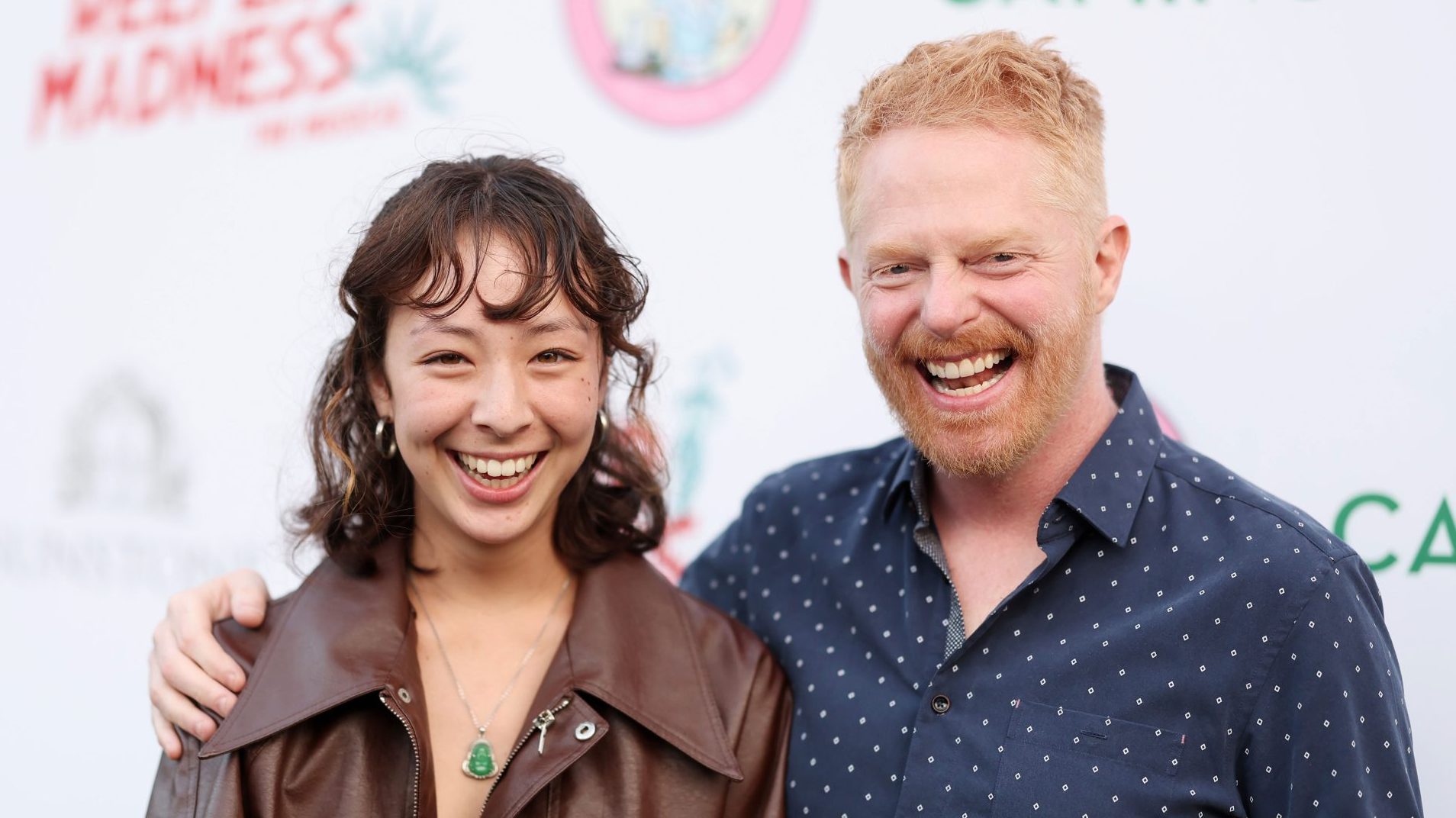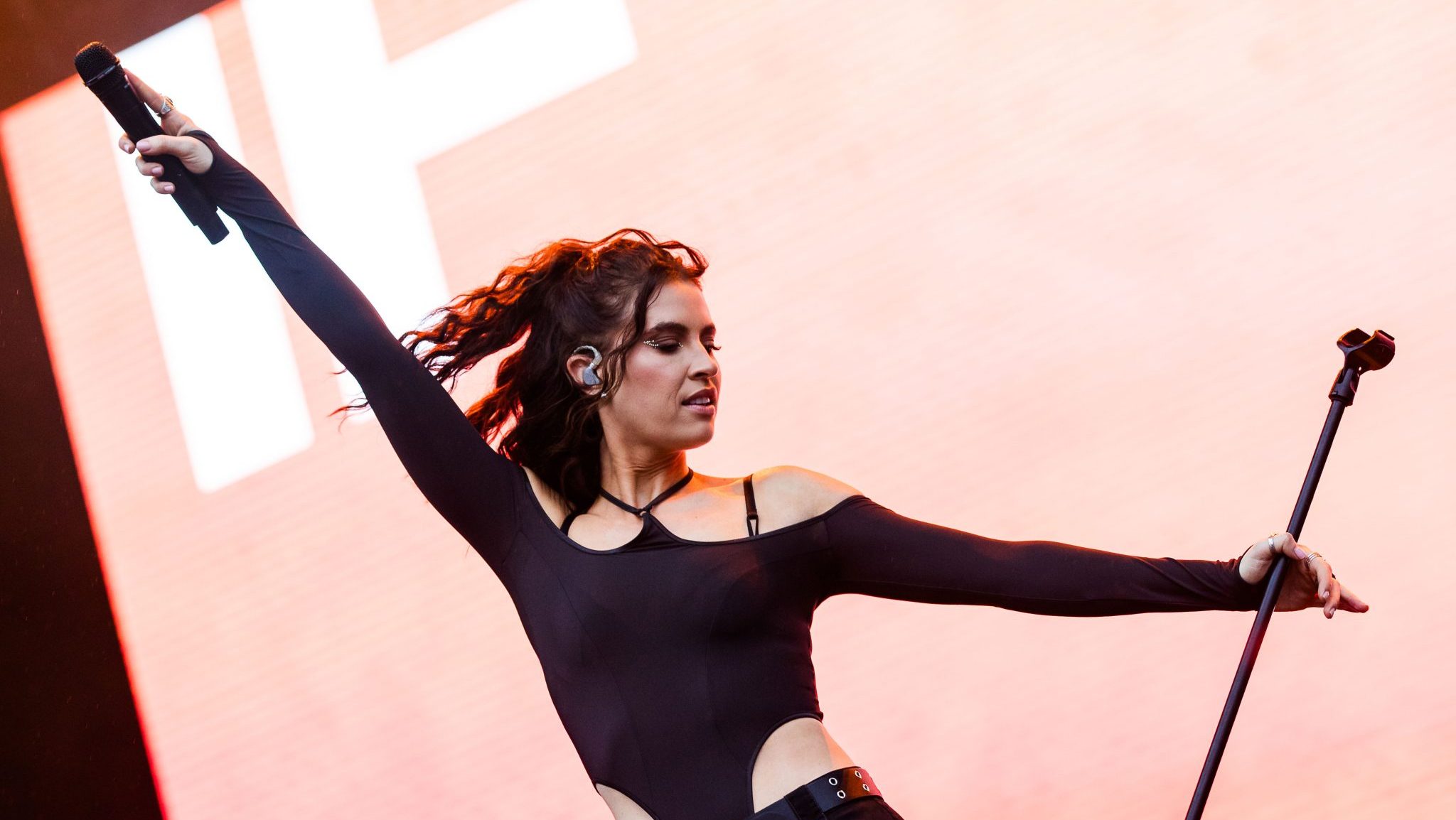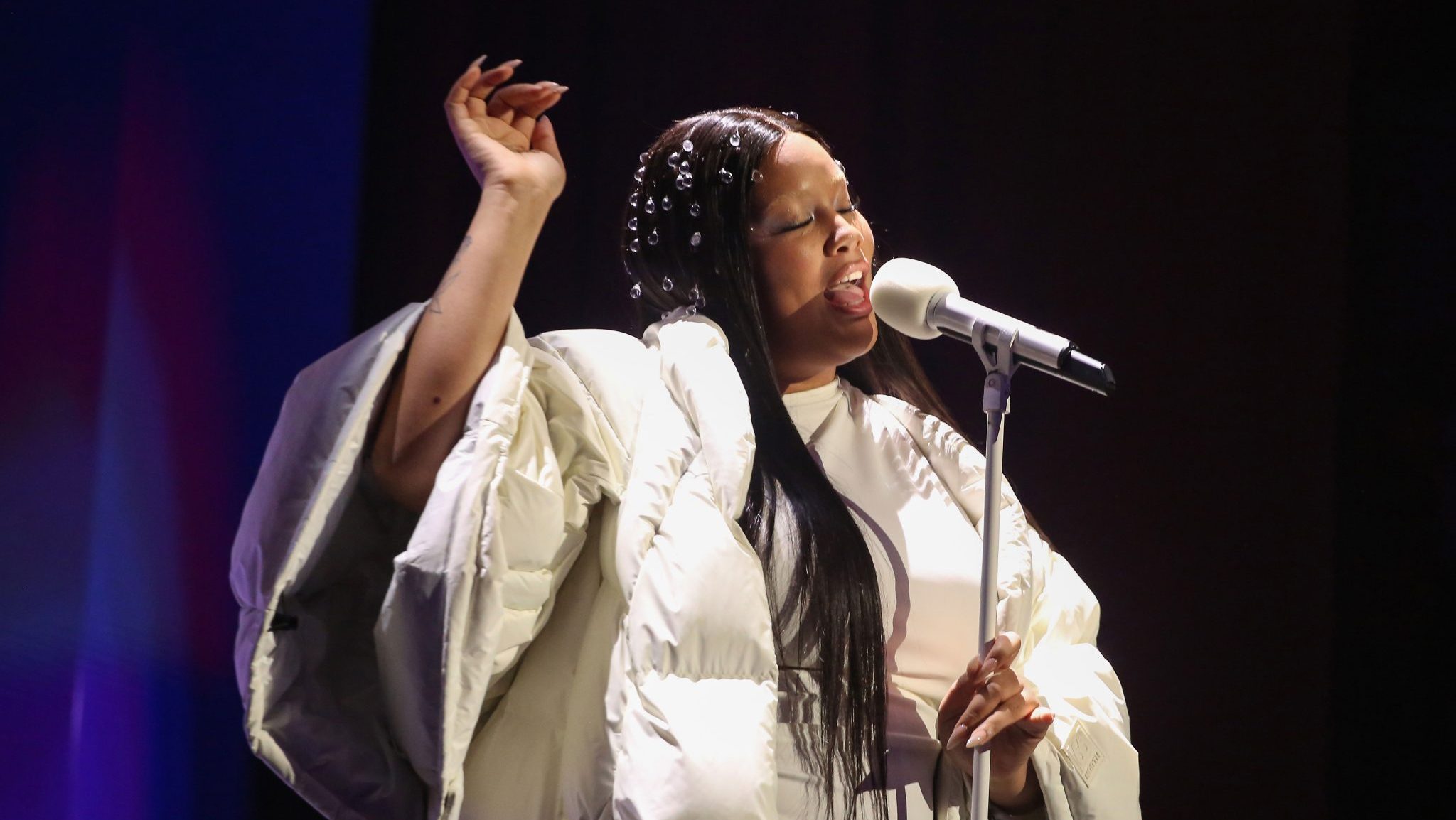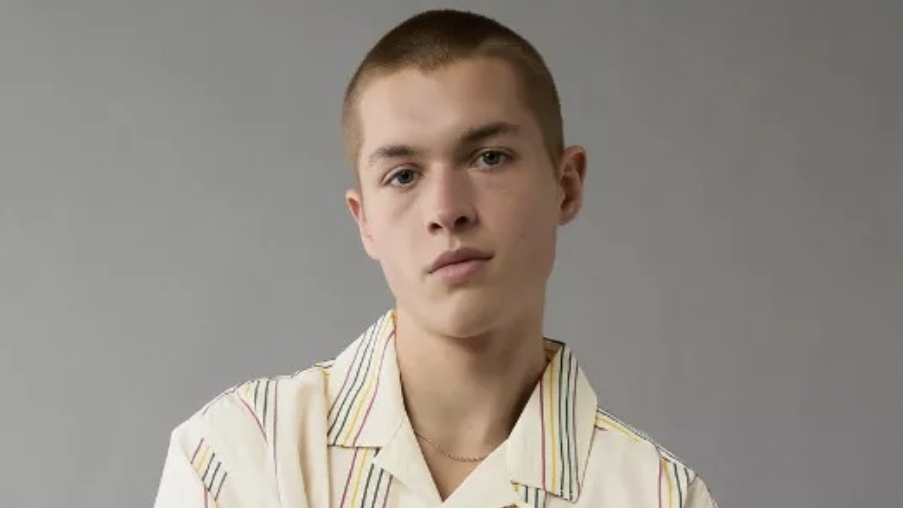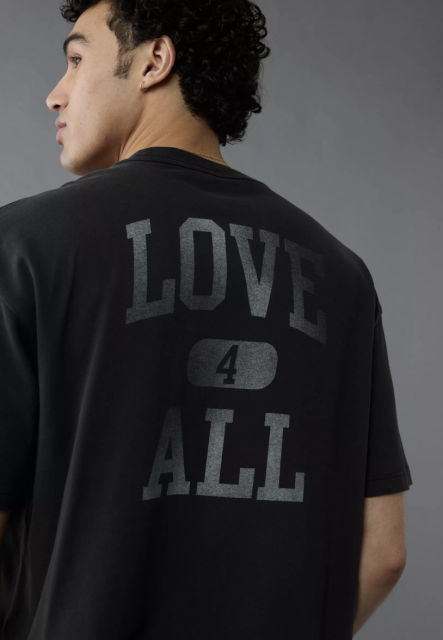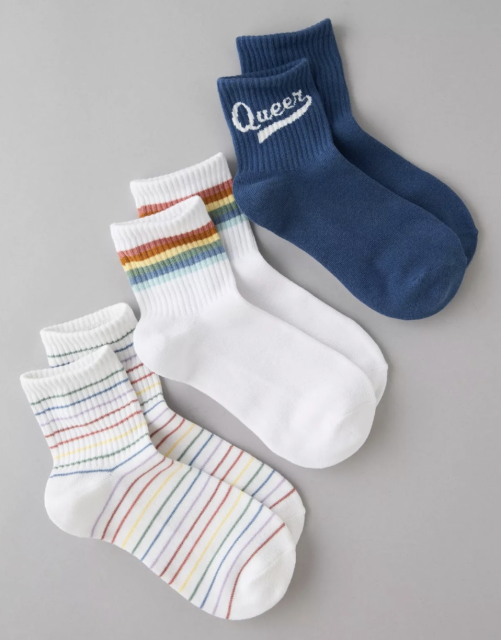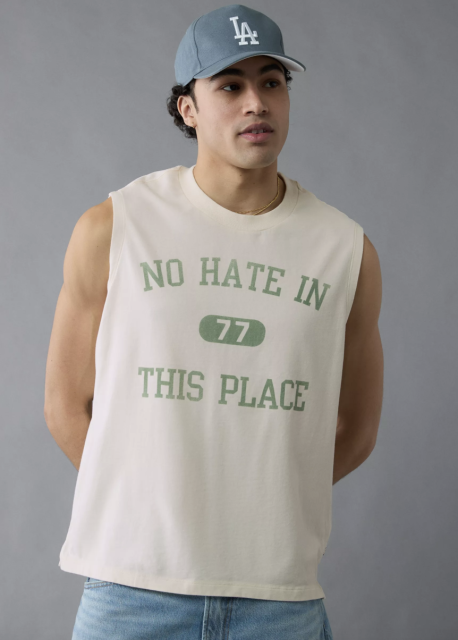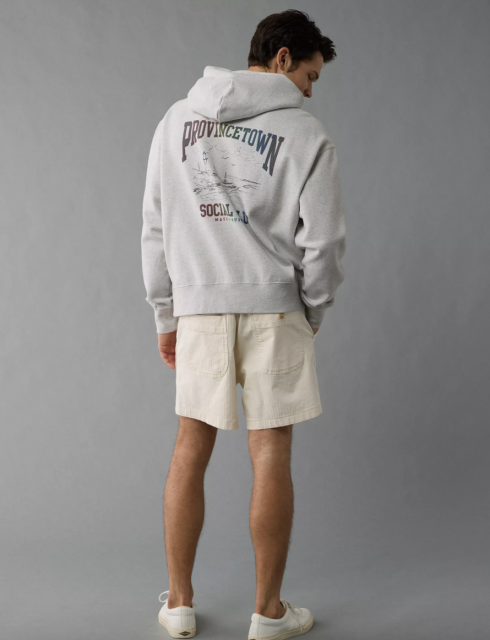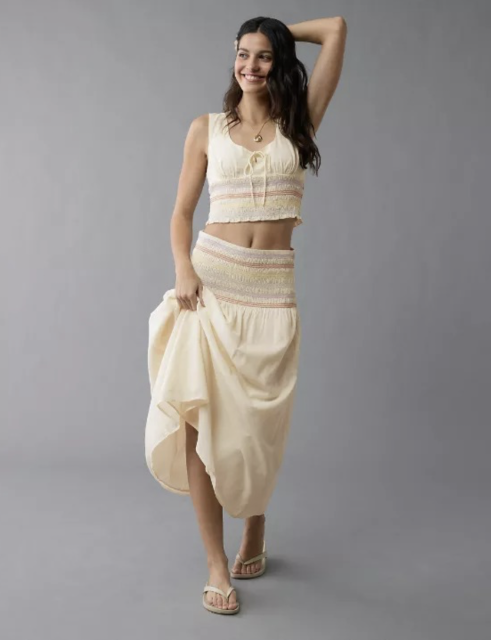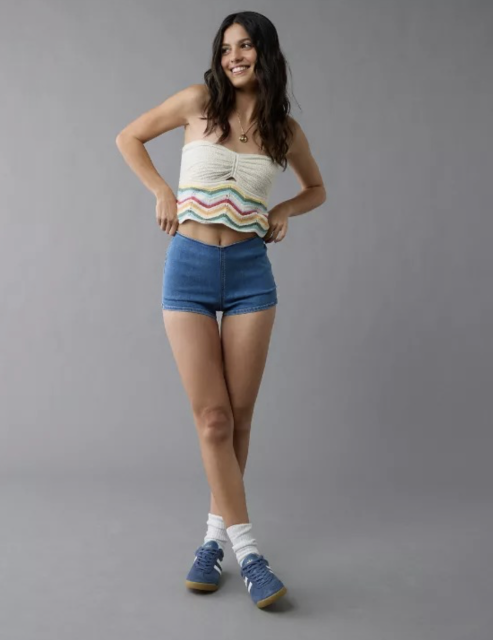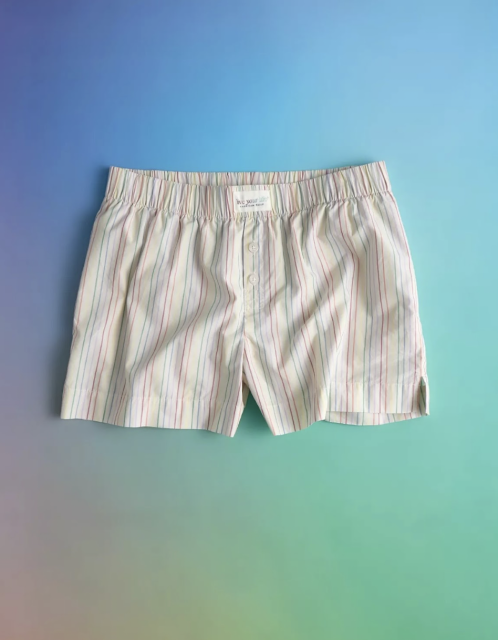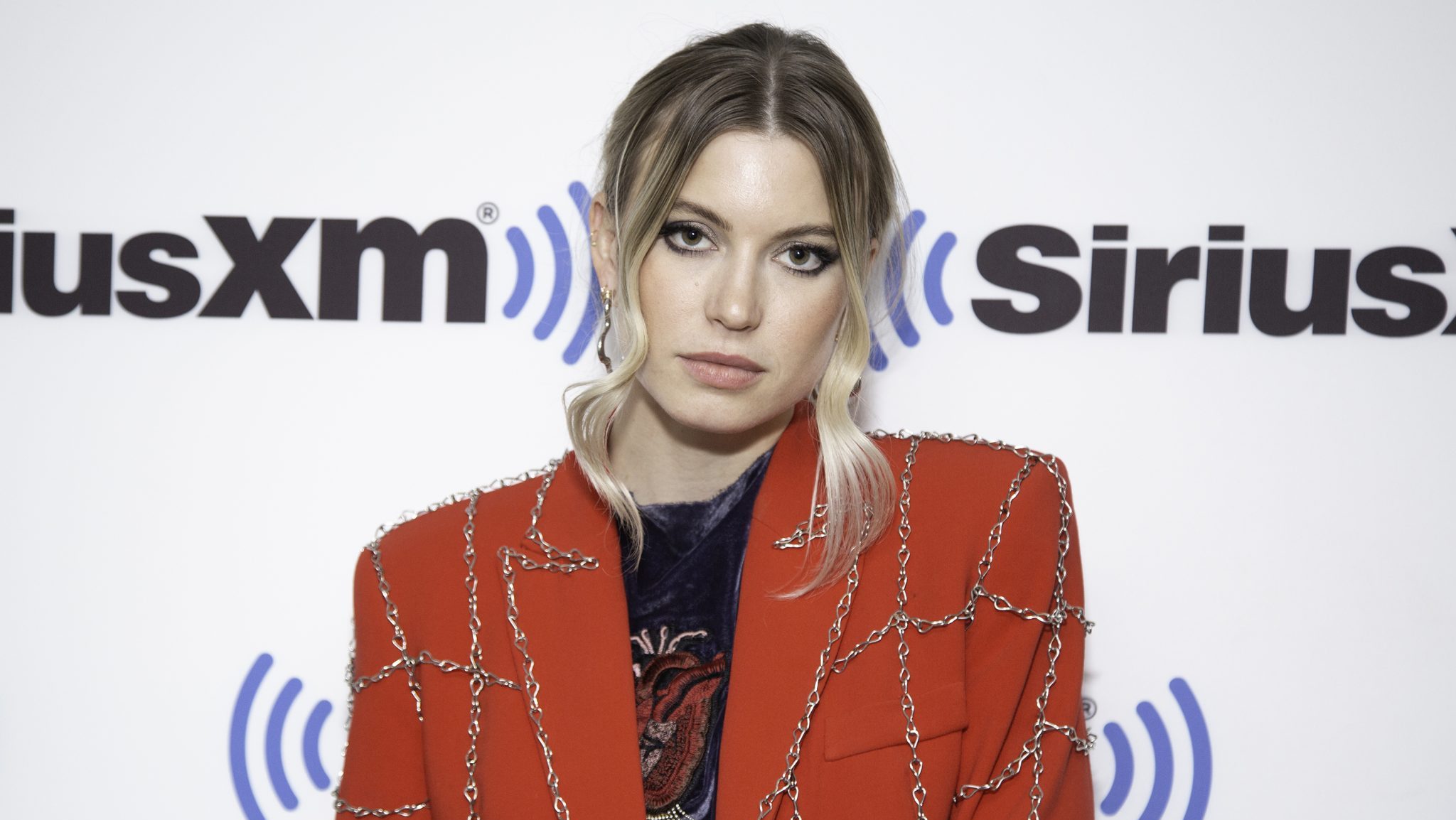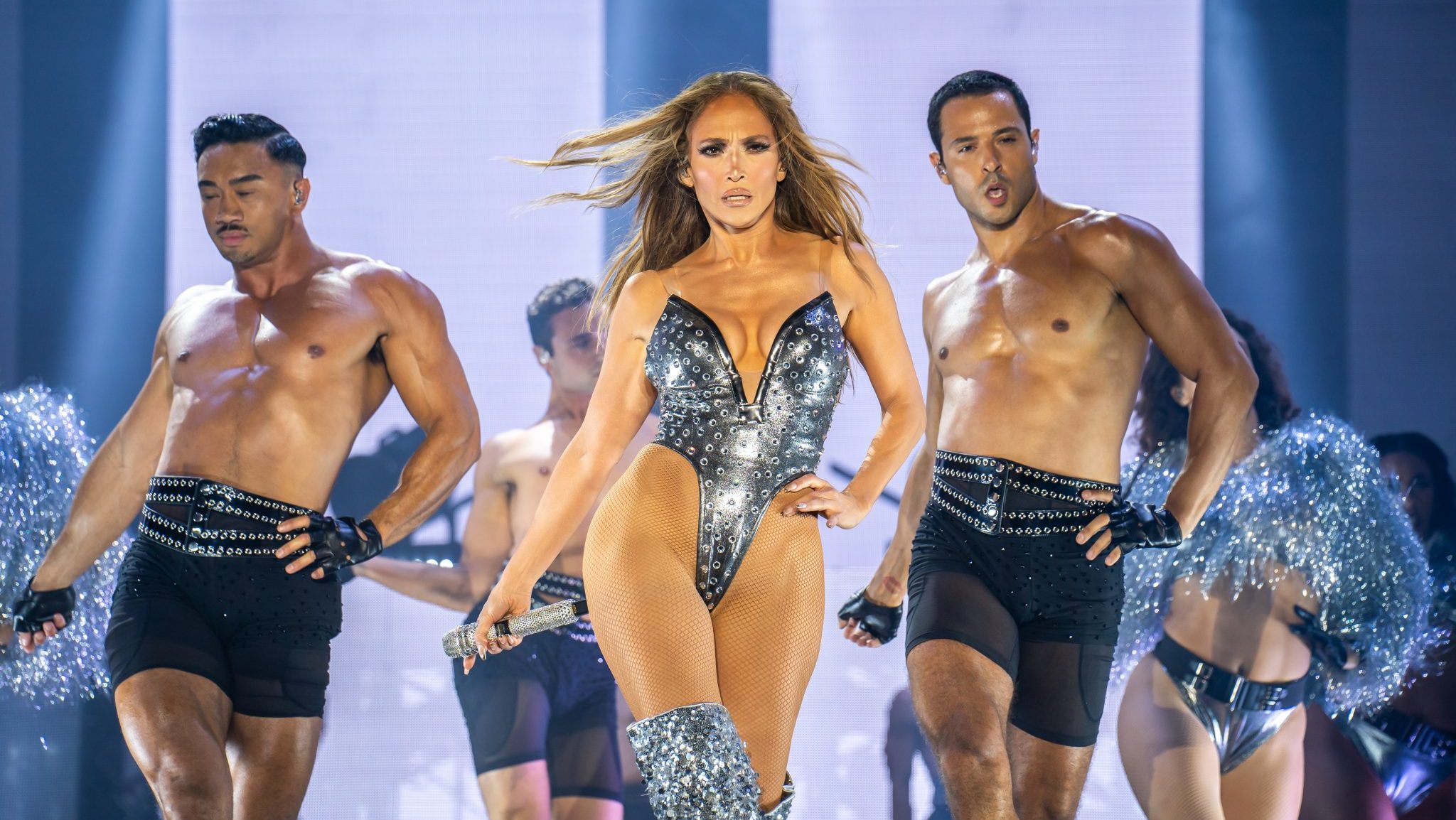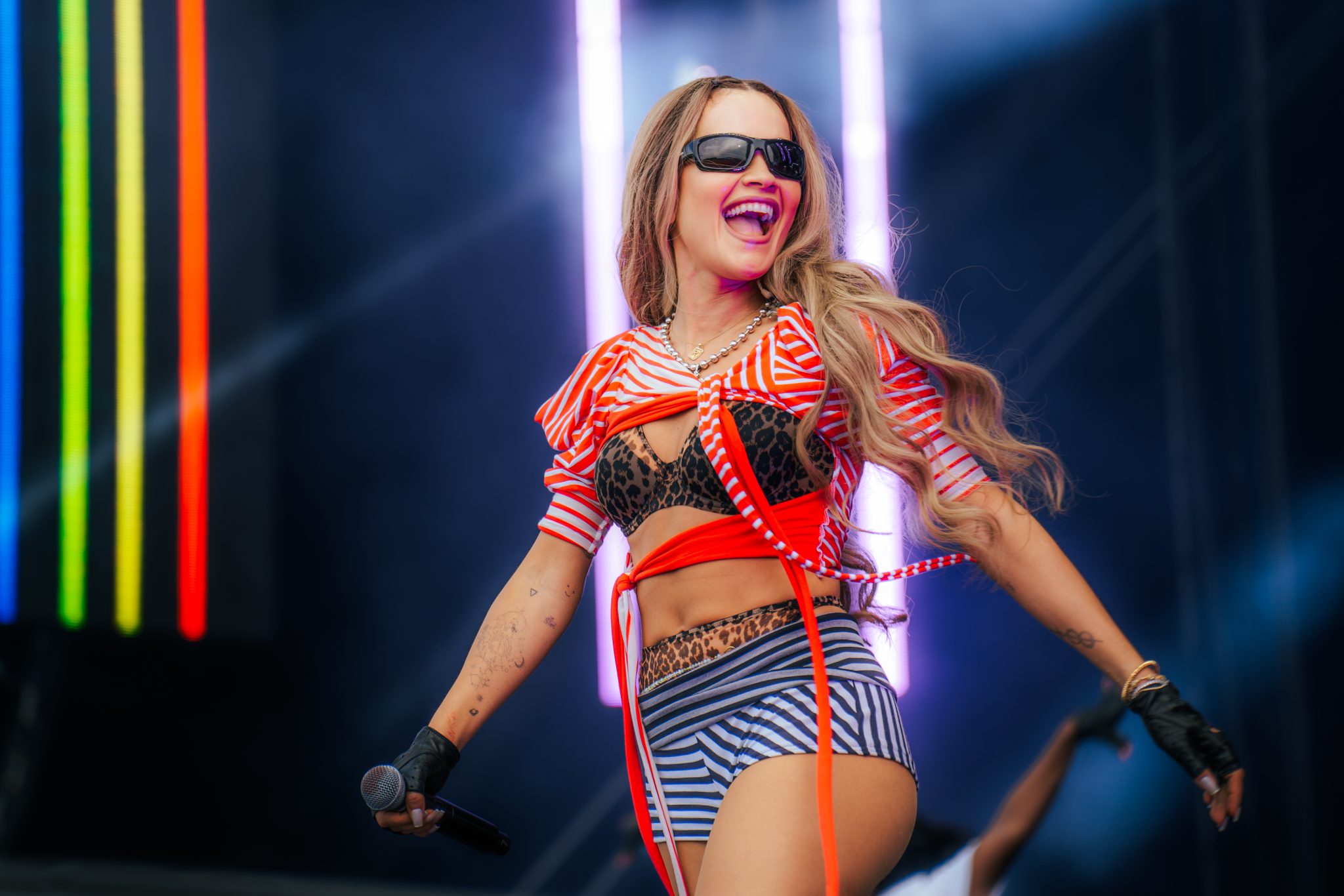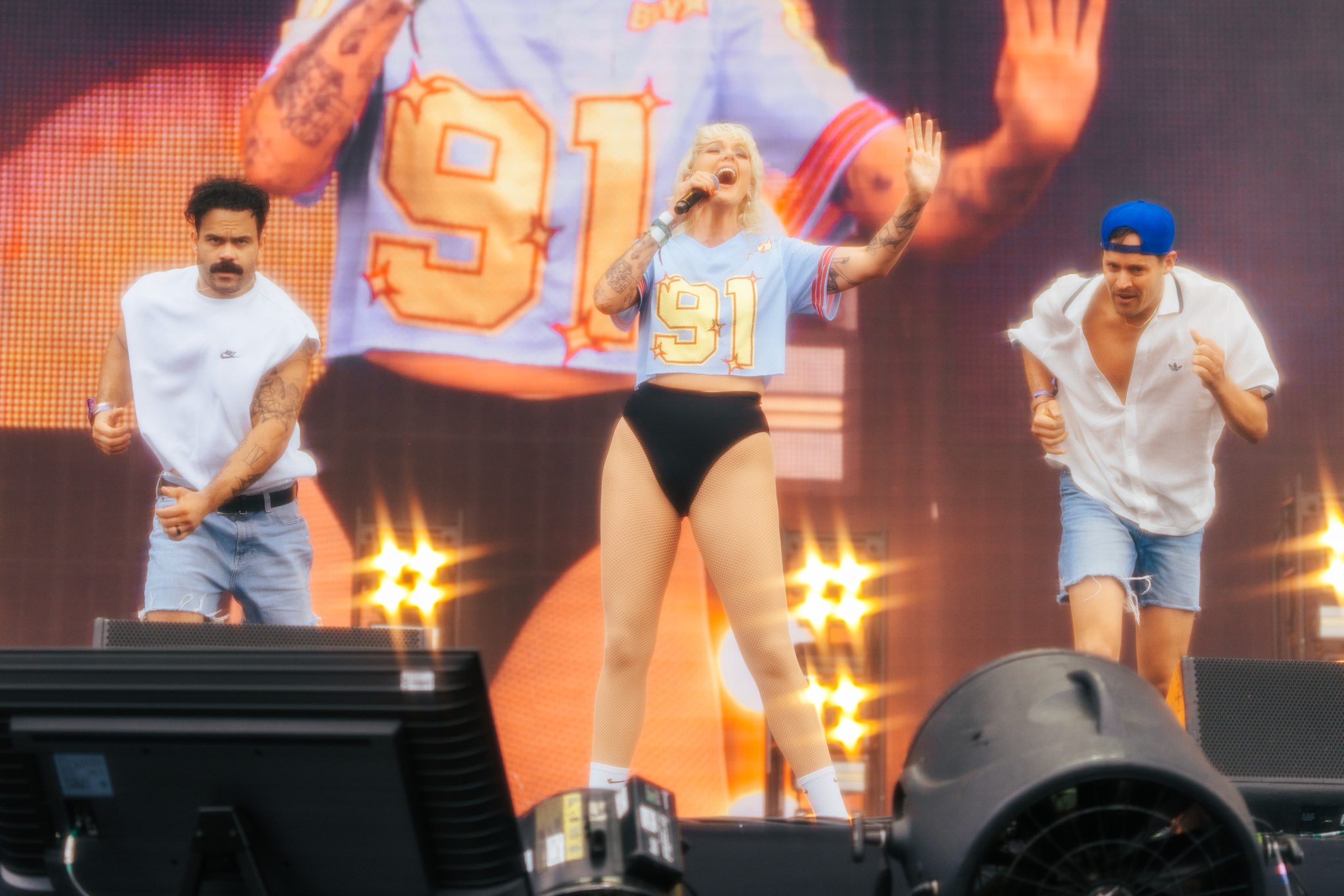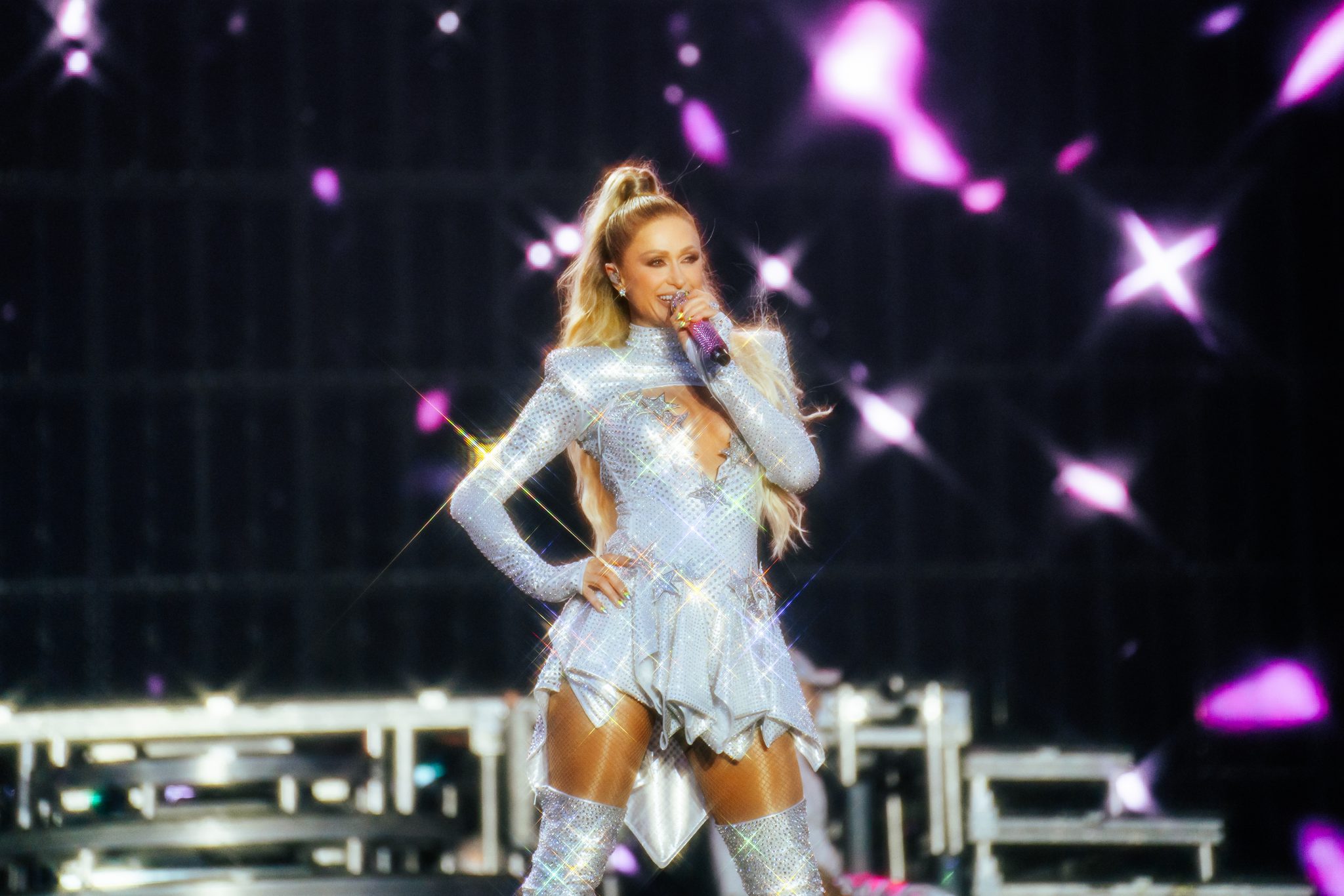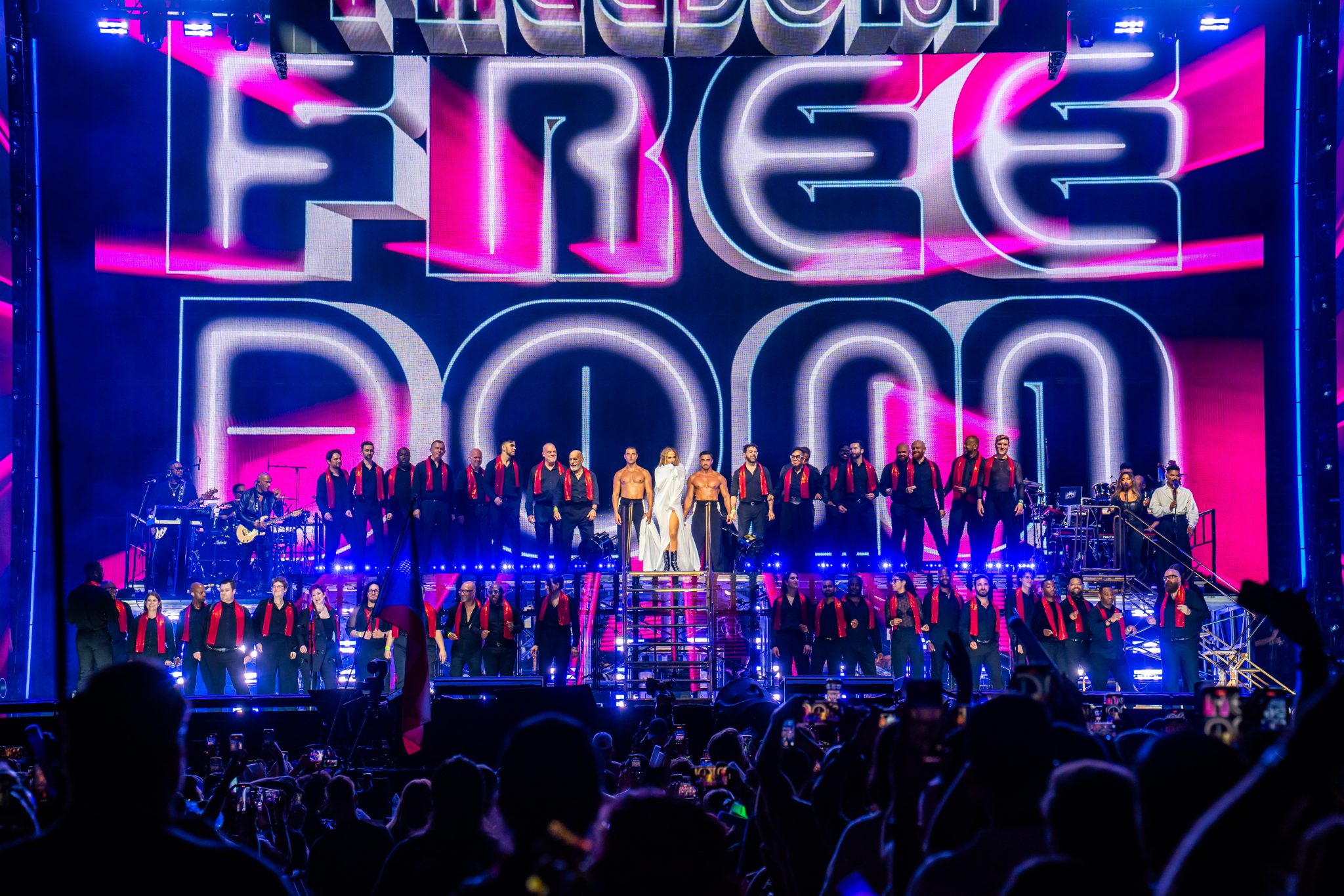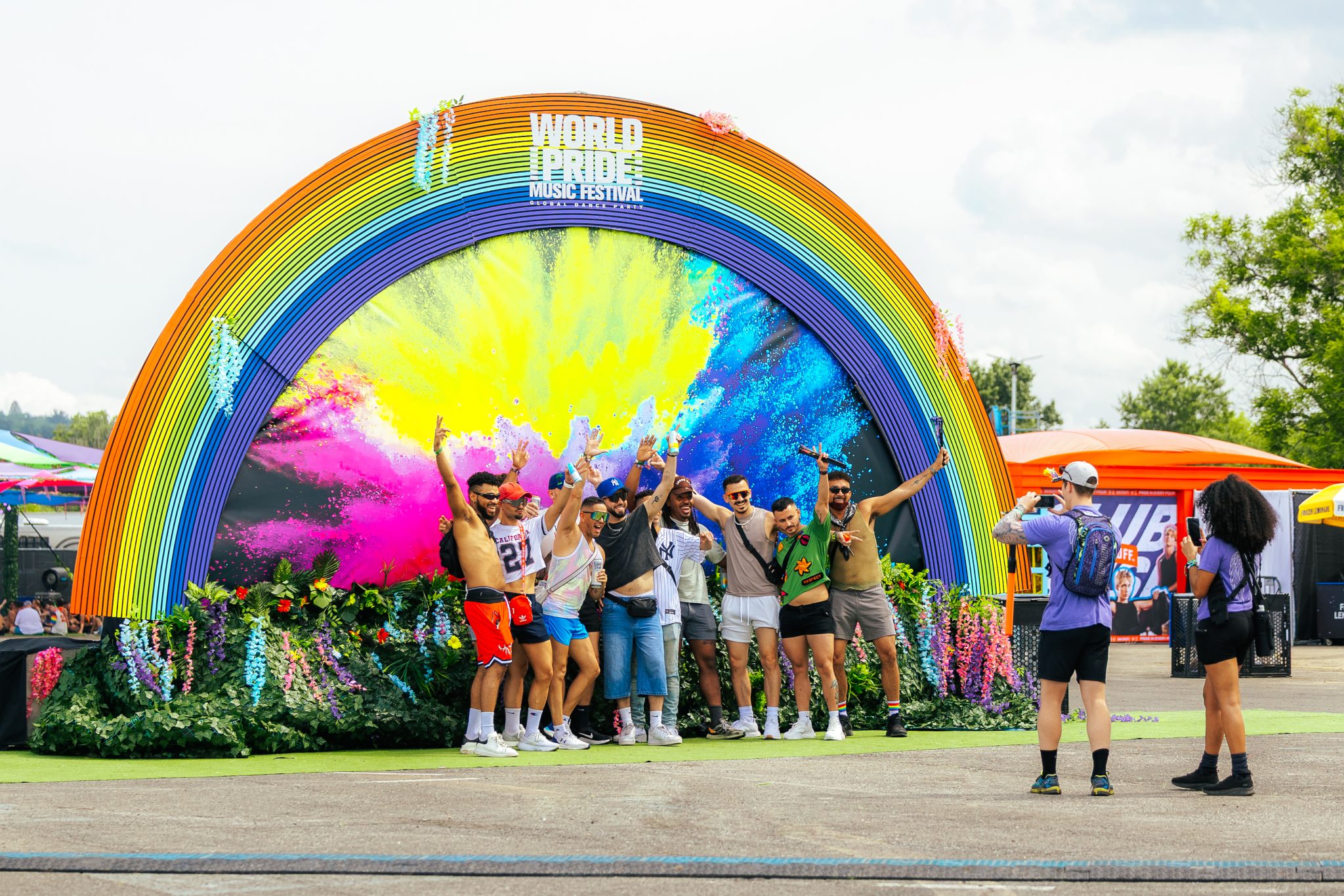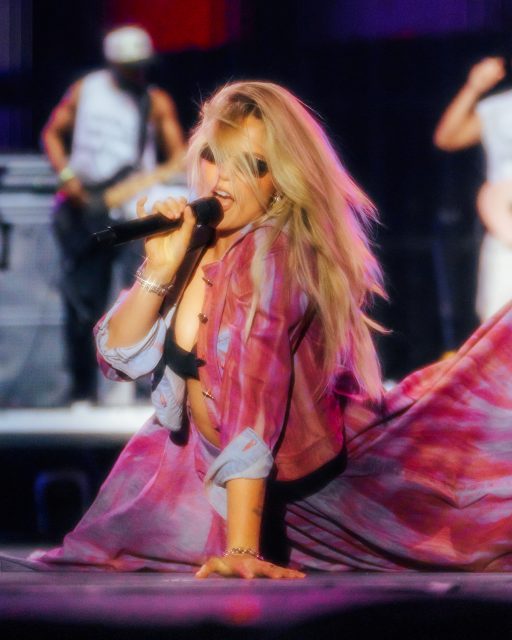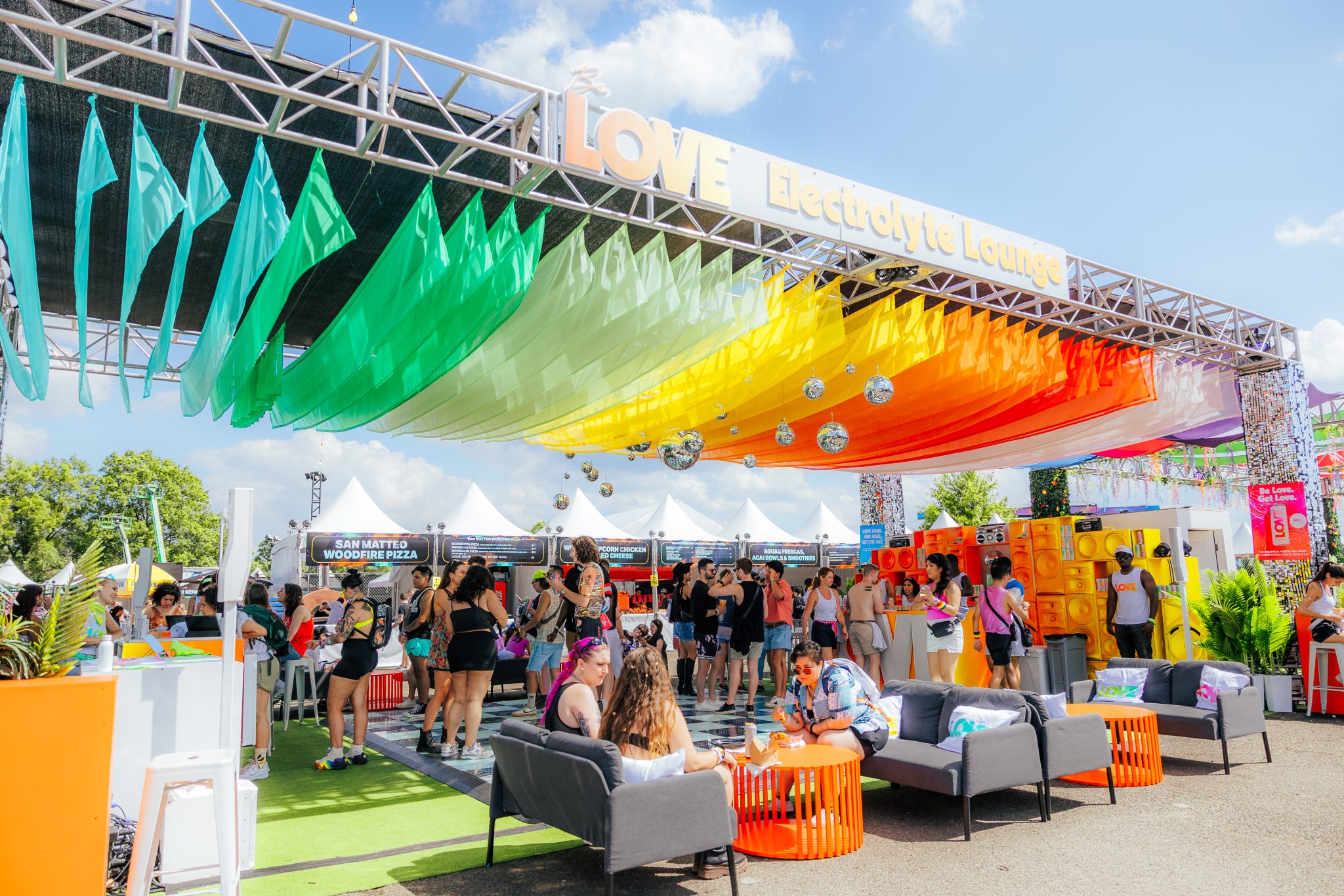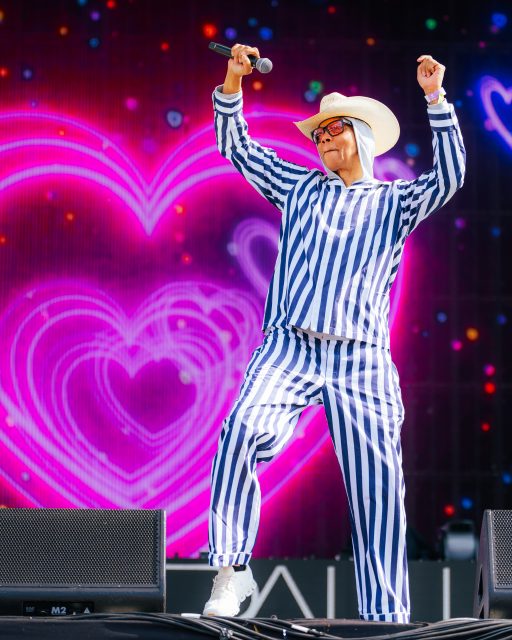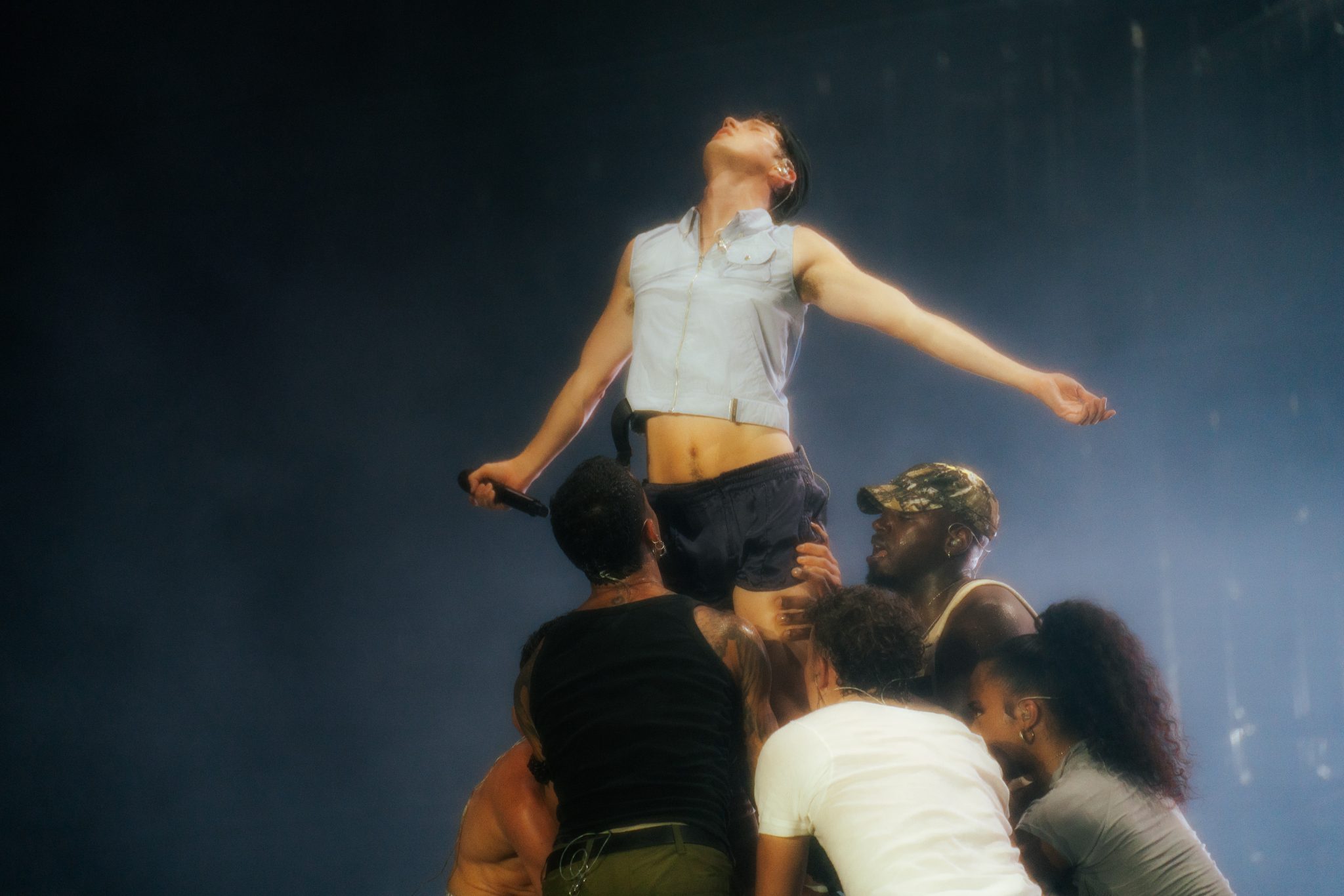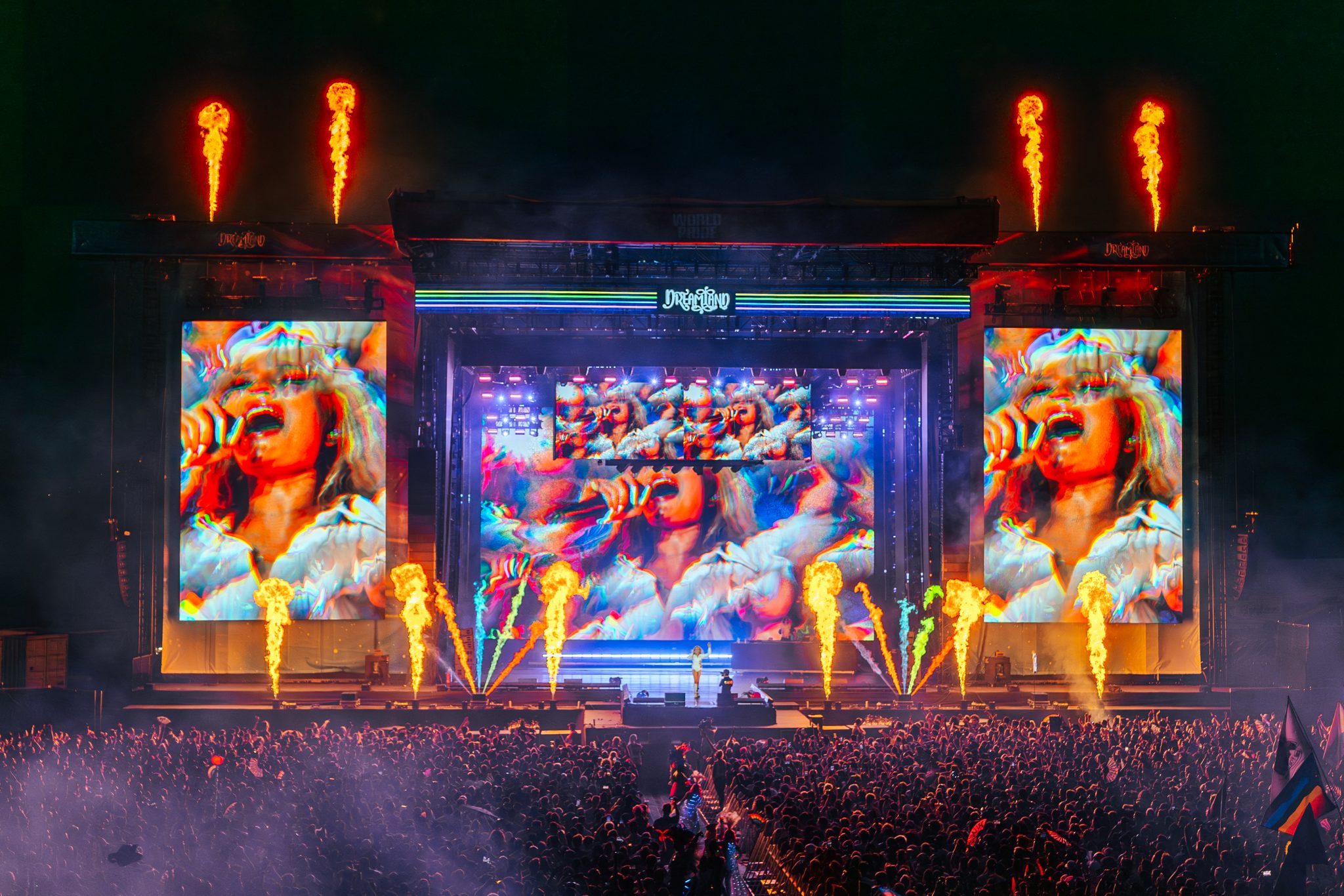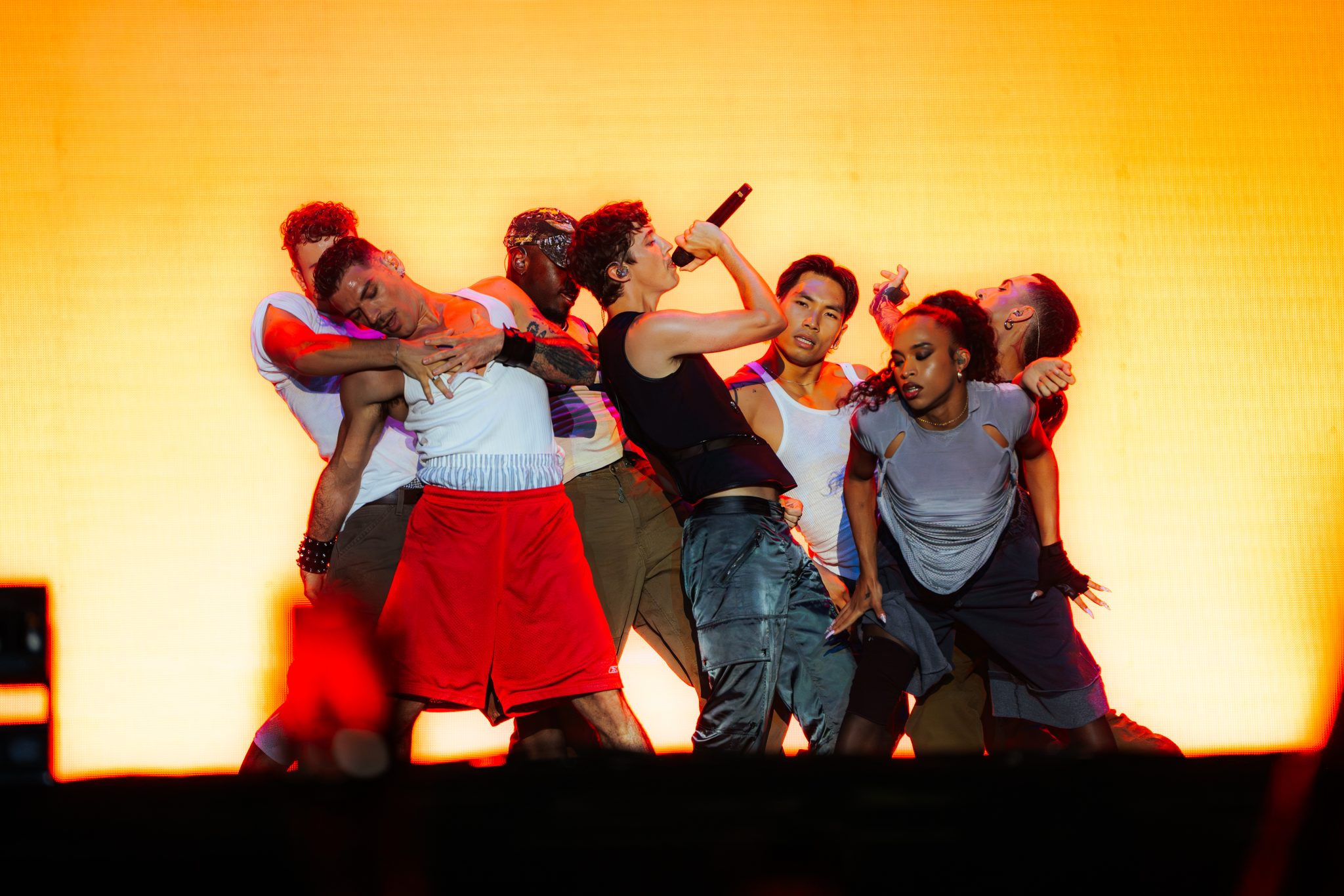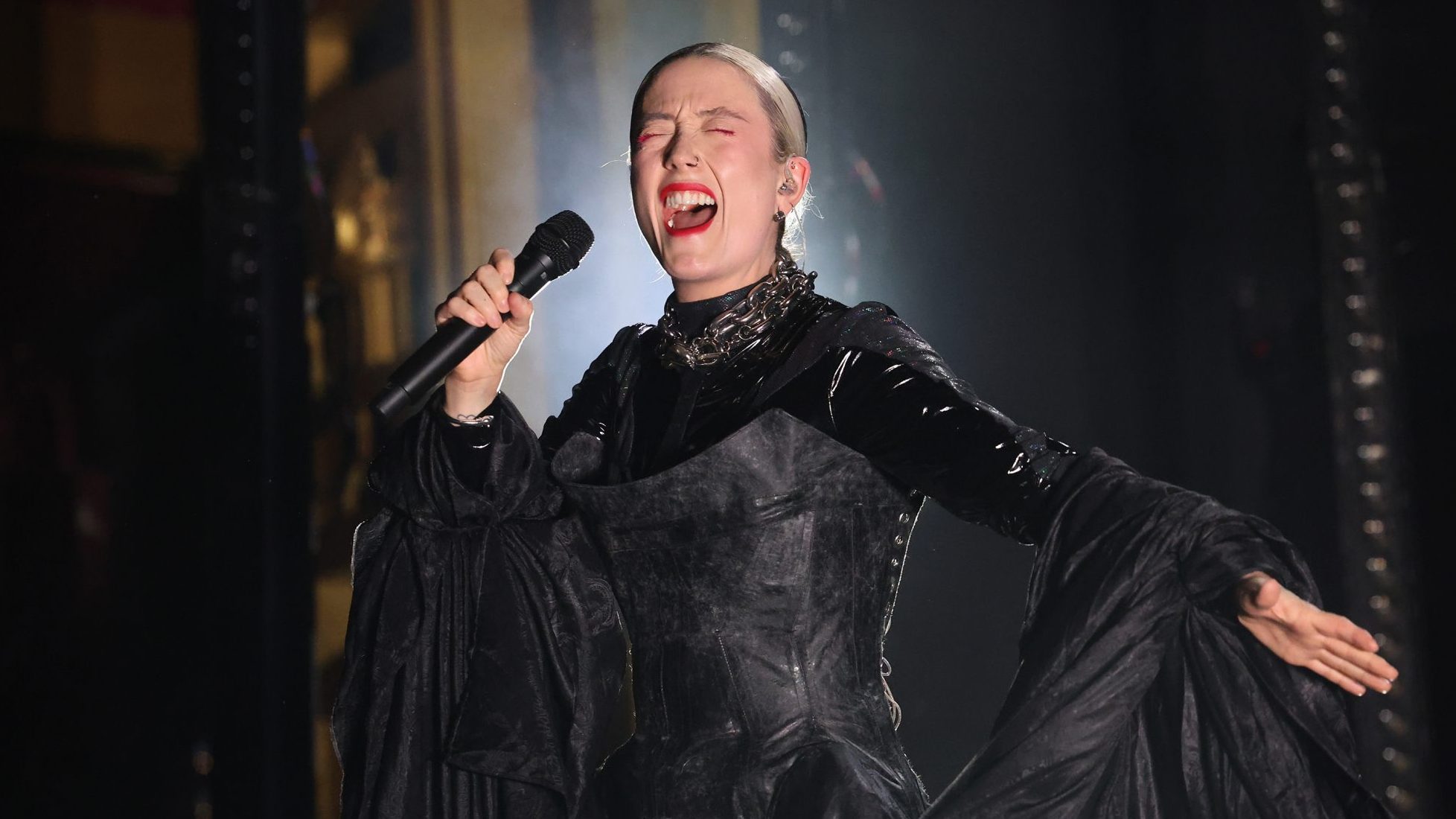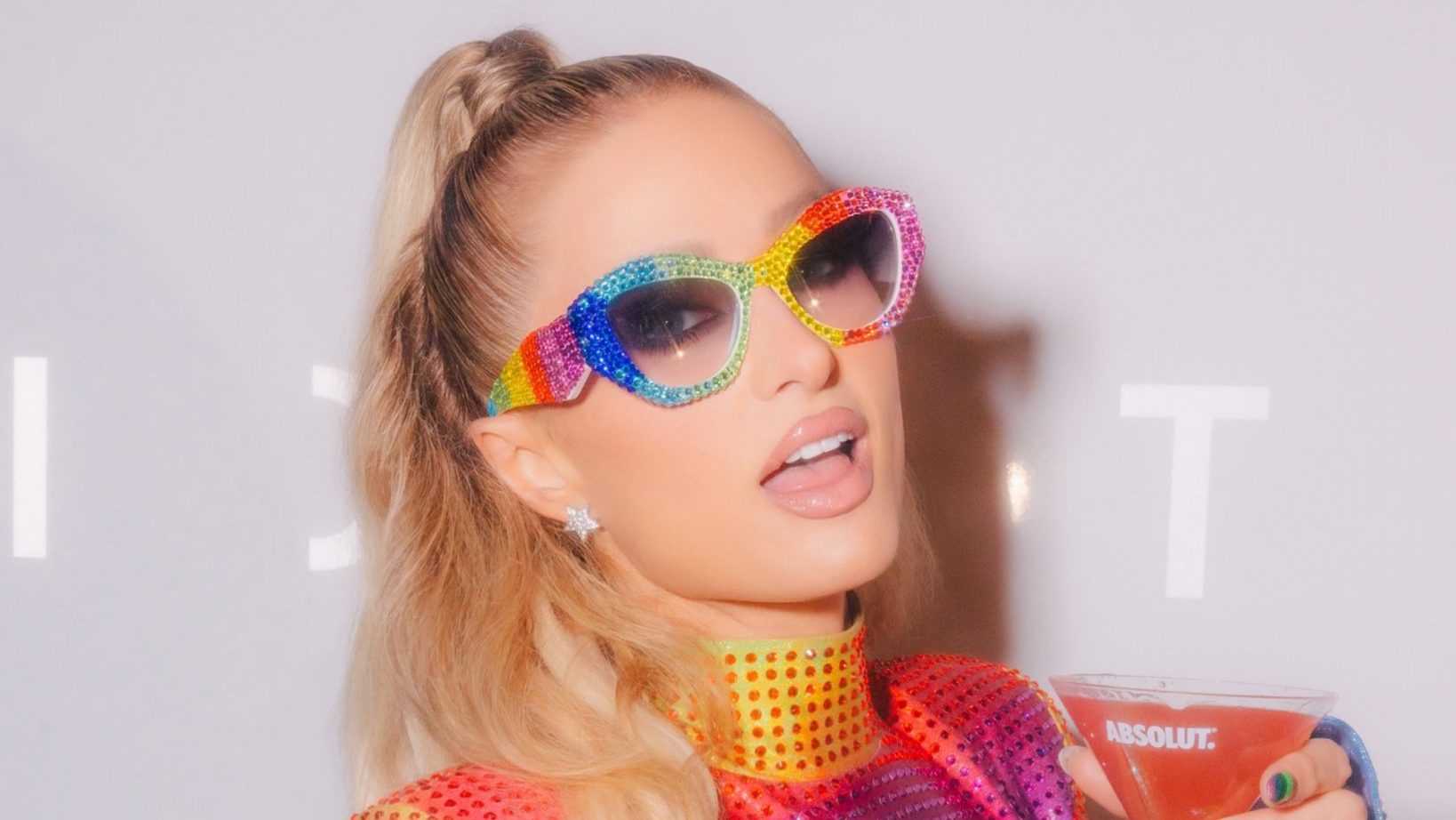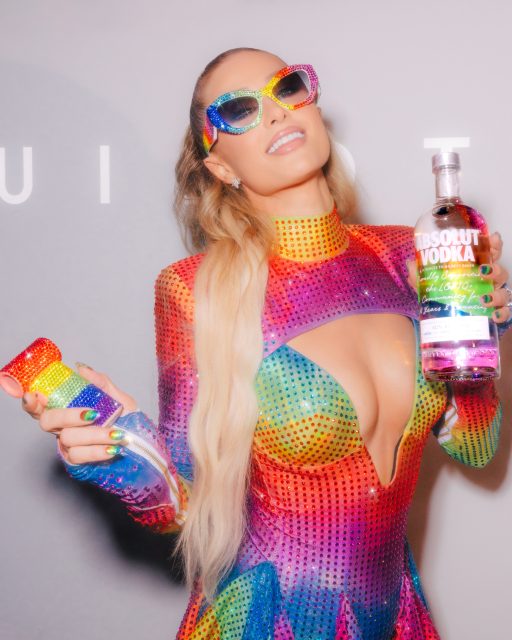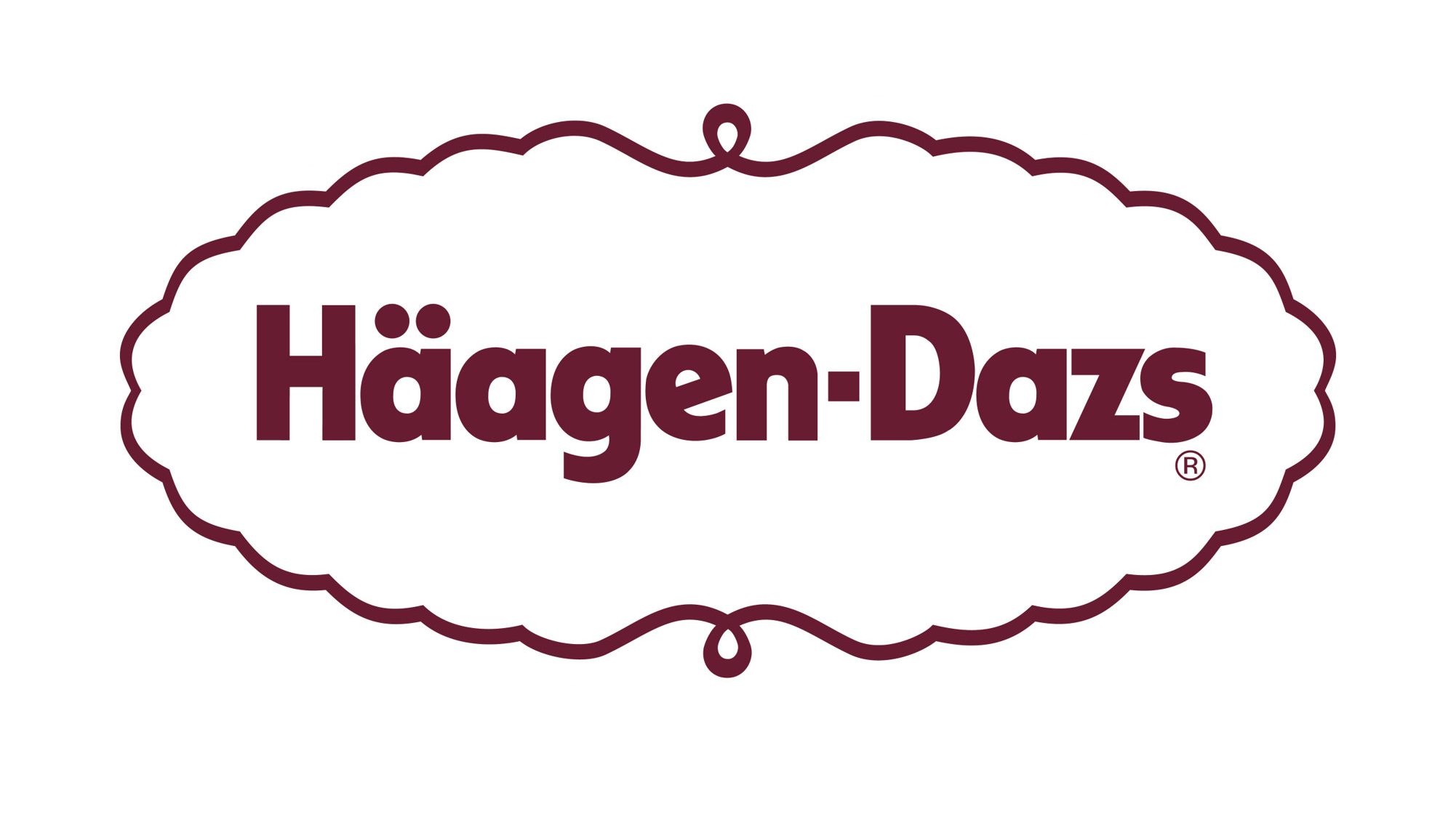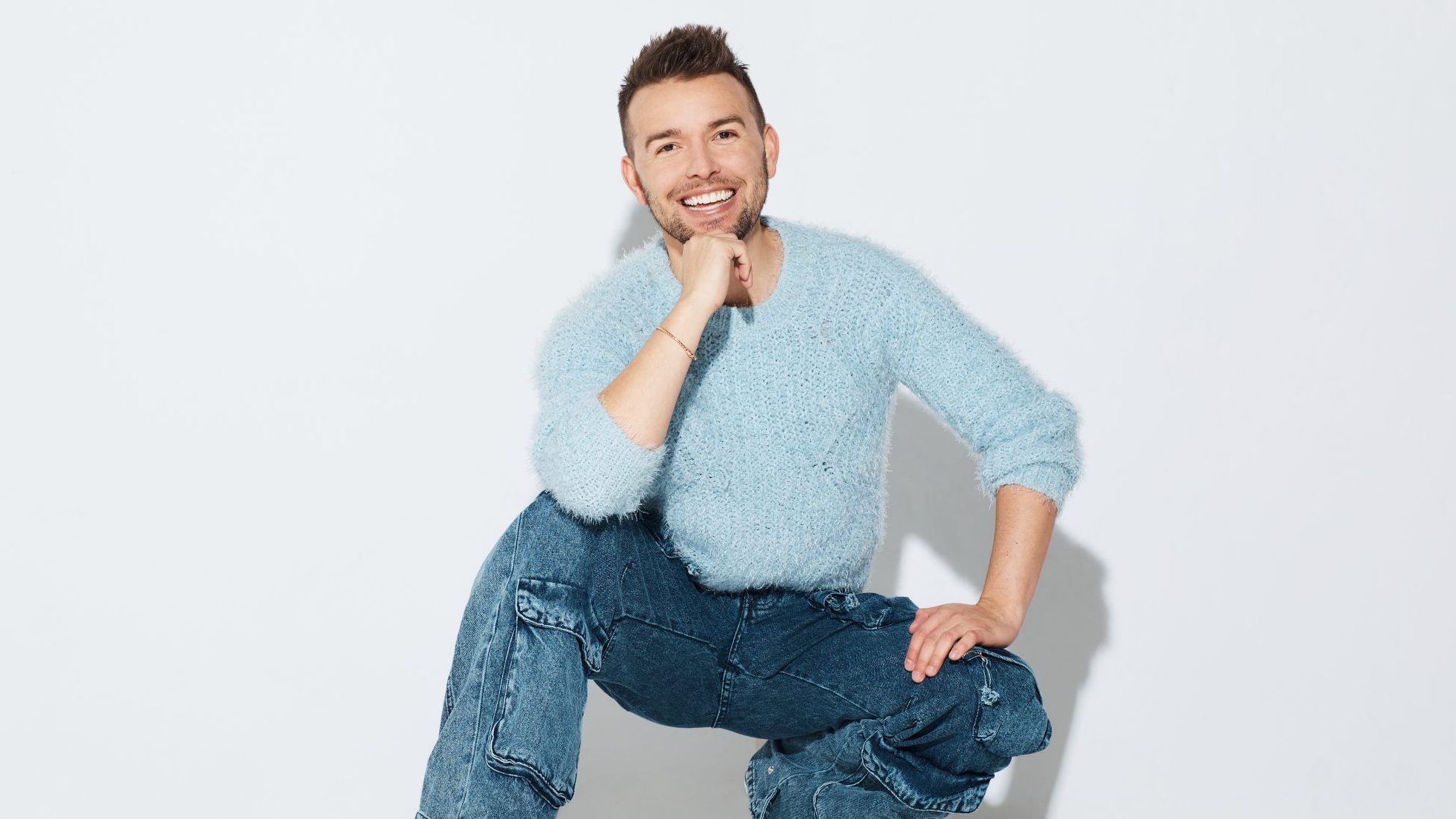Aubrey Anderson-Emmons, the beloved actress who played Lily Tucker-Pritchett on Modern Family, has officially come out as bisexual—and she did it in a way only a true Gen Z star could. Using an iconic scene from the Emmy-winning sitcom that helped launch her career, the 18-year-old celebrated Pride Month by sharing her truth with style, humor, and heart.
In a playful and nostalgic Instagram reel posted during the first week of Pride, Anderson-Emmons lip-synced a memorable exchange from Modern Family where her character, Lily, hilariously declares, “No, I’m not, I’m gay, I’m gay!”—prompting her on-screen dad, Mitchell (played by Jesse Tyler Ferguson), to gently correct her: “Honey, no, you’re not gay. You are just confused!”
But this time, Anderson-Emmons added her own twist to the dialogue, captioning the video:
“People keep joking so much abt me being gay when I literally am (I’m bi).”
She punctuated the coming-out post with a cheeky caption that read, “Happy Pride month to all and to all a goodnight hehehe.”
View this post on Instagram
The post instantly resonated with fans old and new, racking up over 1.5 million views and flooding with celebratory comments. “Cam and Mitch would be so proud of you,” one fan wrote, while another chimed in: “Coming out with that audio? A cultural reset.”
From Sitcom Star to Queer Icon
For many, Anderson-Emmons remains affectionately remembered as the sharp-tongued, whip-smart daughter of Modern Family’s trailblazing gay couple, Mitchell Pritchett and Cam Tucker. The ABC series, which ran from 2009 to 2020, was lauded for its heartfelt and progressive portrayal of a same-sex couple navigating parenthood. While Lily began as a baby in the early seasons, Anderson-Emmons stepped into the role in Season 3 at the age of four, staying on until the show wrapped its final season in 2020.
Over the years, her character developed from a background figure into a central part of the show’s dynamic, often delivering dry one-liners and displaying a comedic maturity far beyond her years. But as much as the character of Lily was fictional, Anderson-Emmons grew up in real time in front of millions of viewers — and now, she’s stepping into her own spotlight as a young queer adult.
Coming Out in the Age of Internet Culture
What makes this moment particularly resonant is how seamlessly Anderson-Emmons blends her real identity with the fictional world that made her famous. Instead of making a formal announcement, she opted for a medium and tone that reflects her generation’s approach to self-expression: humorous, casual, and authentically online.
Coming out through a meme-like post that references her own past feels both personal and performative in the best way. It acknowledges the layers of identity — actor, character, queer teen — that intersect in her story. It’s also a wink to those who grew up with her, giving fans a chance to celebrate the evolution of both the actress and the girl we knew on-screen.
Her post stands out in a time where more young celebrities are using humor and digital culture to express serious personal truths. It’s a testament to how the internet can be a playground for authenticity, even amid the noise.
Pride, Visibility, and the Legacy of Lily
While some might view a lighthearted Instagram video as a low-key coming-out moment, its impact shouldn’t be underestimated. Visibility matters — and for a young woman who was part of one of TV’s most recognizable queer families to publicly embrace her bisexuality, the ripple effect is significant.
Modern Family wasn’t just a ratings hit; it was a cultural touchstone. The show won five consecutive Emmys for Outstanding Comedy Series and helped normalize queer families for a mainstream audience. For many LGBTQ+ viewers, Mitch and Cam weren’t just entertaining—they were a lifeline, proof that queer love and family belonged in the spotlight.
And now, over a decade after she first appeared as their daughter, Anderson-Emmons is carrying forward that legacy in her own way.
The Evolution of a Child Star
Anderson-Emmons was just four years old when she joined Modern Family, making her the youngest Asian-American child star on a major U.S. television series at the time. Raised in California by her mother, comedian Amy Anderson, Aubrey has maintained a relatively low public profile since the series ended.
But her latest Instagram post signals a shift — she’s clearly stepping into her own voice, embracing both her individuality and her queerness with confidence and humor.
It’s no small thing to come out at 18 in front of a following shaped by years of public life. And yet, Anderson-Emmons does so without pretense. Her post isn’t a headline grab — it’s an honest, funny, and self-assured declaration of identity. And for countless young queer people watching from the sidelines, it’s exactly the kind of Pride content that inspires.
A Sweet and Full-Circle Moment
It’s hard not to feel the sweetness of this full-circle moment. Lily was never officially written as queer on the show, but her confident delivery of the line “I’m gay, I’m gay!” became one of Modern Family’s most quoted scenes. Now, years later, that line takes on new meaning as the actress behind the role reclaims it for herself.
And in doing so, she’s not only giving fans a moment of nostalgic joy but also adding a fresh chapter to the legacy of queer representation she helped build — whether she realized it or not — from childhood.
